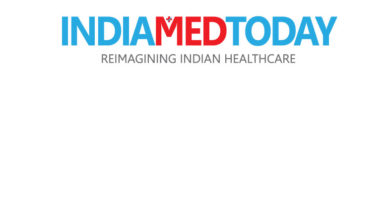
Four outstanding young scientists in the field of blood cancer therapy were also awarded the highly coveted DKMS John Hansen Research Grant 2024
The DKMS Stiftung Leben Spenden honoured Professor Dr Robert Zeiser, one of the world’s most exceptional scientists in the field of allogeneic stem cell transplantation, with the DKMS Mechtild Harf Science Award 2024. The award recognises the lifetime achievements of internationally renowned physicians and scientists in the field of stem cell transplantation and cellular therapy.
“Prof Dr Robert Zeiser’s findings in fundamental research of Graft-versus-Host Disease have led to new therapeutic approaches that are changing standard practices and are significantly improving the outcome for patients after stem cell transplantation. This is also true of his studies on the control of disease relapse after transplantation,” explains Prof Dr Katharina Fleischhauer, member of the DKMS Medical Council and Head of the Institute for Cell Therapy Research at Essen University Hospital, in recognition of this year’s award winner.
Zeiser, Head of the Department of Tumor Immunology and Immune Regulation, and Head of the Zeiser Laboratory at the Department of Internal Medicine I at Freiburg University Hospital, accepted the award in the presence of doctors and guests from all over the world at the annual EBMT (European Society for Blood and Marrow Transplantation) meeting in Glasgow. At the ceremony, four outstanding young scientists in the field of blood cancer therapy were also awarded the highly coveted DKMS John Hansen Research Grant 2024.
“Zeiser is one of the most internationally renowned scientists in the field of allogeneic stem cell transplantation, and he has decisively advanced our understanding of the mechanisms of Graft-versus-Host disease (GvHD),” said Prof Fleischhauer at the presentation of the DKMS Mechtild Harf Science Award, which comes with 10,000 Euro. “The new therapeutic principles based on his findings in the treatment of this serious complication are a prime example of successfully implementing fundamental research findings to improve patient care.”

